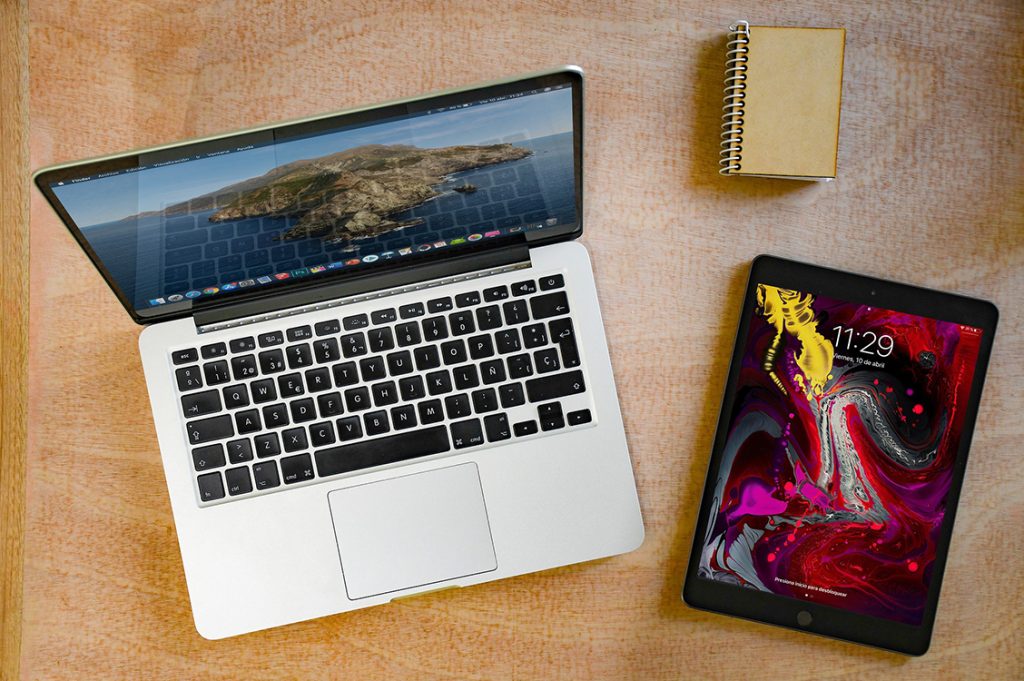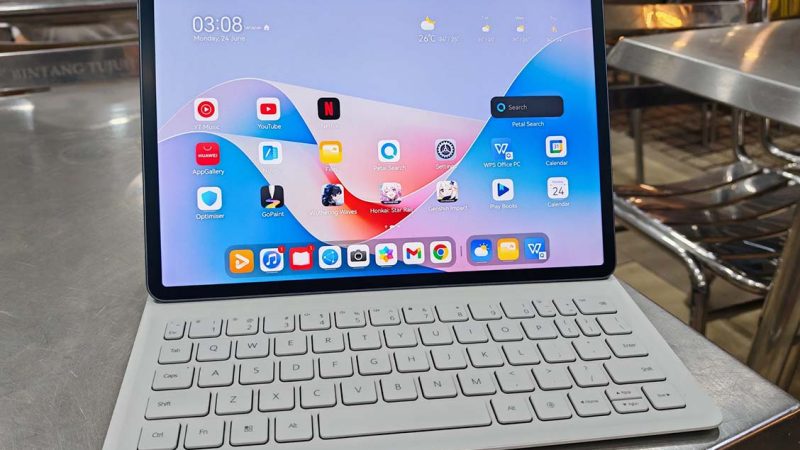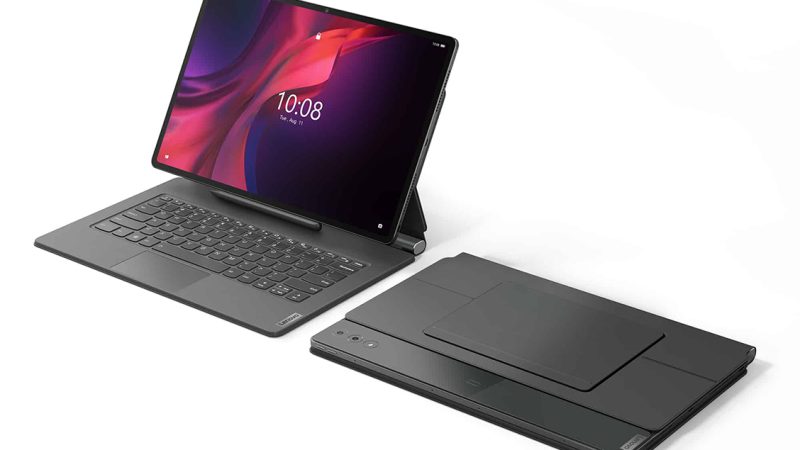Tablet vs. Laptop: Pros and Cons of Replacing a Laptop with a Tablet

As technology continues to advance, tablets have become increasingly powerful and versatile, often blurring the line between tablets and laptops. Many individuals are now considering the possibility of replacing their laptops with tablets for their everyday computing needs.
Pros of Replacing a Laptop with a Tablet:
Portability and Convenience:
One of the biggest advantages of using a tablet over a laptop is its portability. Tablets are slim, lightweight, and easy to carry, making them ideal for users who are constantly on the go. Tablets can easily fit into a bag or even a large pocket, allowing for greater mobility and convenience.
Touchscreen Interface:

Tablets feature a touchscreen interface, which offers a more intuitive and interactive user experience compared to laptops. With touch gestures, swipes, and taps, navigating through apps, websites, and multimedia becomes more natural and effortless. This is especially beneficial for activities such as drawing, sketching, and annotating documents.
Long Battery Life:
In general, tablets tend to have longer battery life compared to laptops. This means you can use your tablet throughout the day without worrying about running out of power. Tablets are especially useful for travelers, students, and professionals who require extended battery life while on the move.
Instant Boot-up and Standby:
Tablets offer quick boot-up and instant standby capabilities. With just a touch of a button, tablets can power on or go into standby mode almost instantly. This eliminates the need to wait for the device to start up or shut down, allowing for immediate access to content and applications.
App Ecosystem:
Tablets have access to a vast app ecosystem, offering a wide range of productivity, creativity, and entertainment applications. Whether you need to edit documents, create artwork, play games, or stream media, tablets provide a diverse selection of apps to cater to various needs and interests.
Cons of Replacing a Laptop with a Tablet:
Limited Processing Power:
While tablets have become more powerful in recent years, they still typically have less processing power compared to laptops. This means that complex tasks, such as video editing, 3D rendering, or running resource-intensive software, may not be as efficient or even possible on a tablet. Laptops generally offer more processing power and storage capacity for demanding tasks.
Limited Multitasking:
Multitasking capabilities on tablets are often more limited compared to laptops. Tablets may have difficulty handling multiple applications or running them simultaneously, especially with more memory-intensive tasks. Laptops generally provide a more robust multitasking experience, allowing for seamless switching between different applications and windows.
Keyboard and Input Options:

Tablets rely heavily on touch input, which may not be suitable for users who prefer physical keyboards or require extensive typing. While external keyboards can be connected to tablets, they may not offer the same typing experience as a laptop keyboard. Additionally, tablets may lack other input options such as a touchpad or mouse, which can affect productivity for certain tasks.
Software Compatibility:
Some software applications and programs may not be available or fully optimized for tablet operating systems, especially if they are designed specifically for desktop or laptop environments. This can limit the functionality and capabilities of certain software on tablets, making laptops a better choice for professional or specialized tasks that require specific software.
Storage and Connectivity:
Tablets generally offer limited internal storage compared to laptops. This can be a constraint for users who require significant storage space for large files, applications, or media libraries. Additionally, laptops typically have a wider range of connectivity options, including multiple USB ports, HDMI ports, and SD card slots, which may be essential for certain peripherals or external devices.
The decision to replace a laptop with a tablet depends on individual needs, preferences, and usage patterns. While tablets offer portability, convenience, and a touch-friendly interface, laptops excel in terms of processing power, multitasking, and software compatibility. It is important to consider your specific requirements, such as the nature of your tasks, the need for specialized software, and the importance of physical input options. Ultimately, a combination of both devices may be the ideal solution, allowing you to leverage the strengths of each platform for different purposes.


